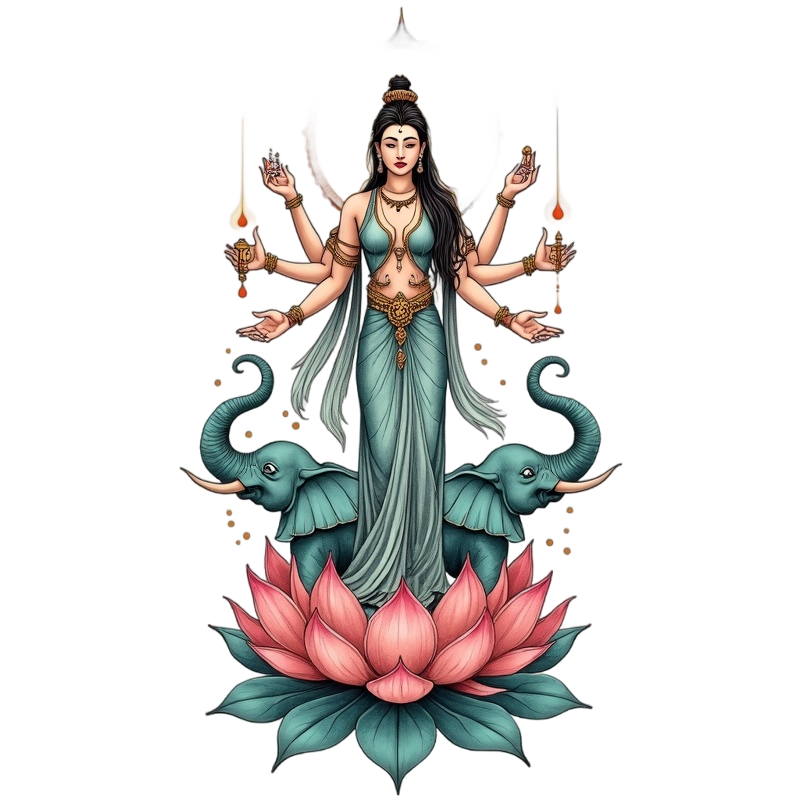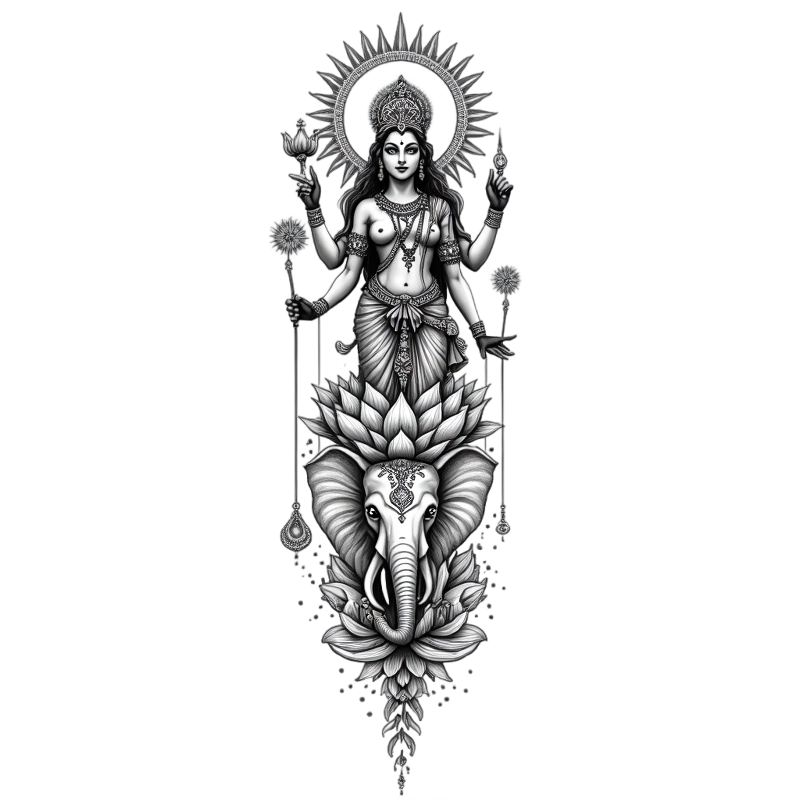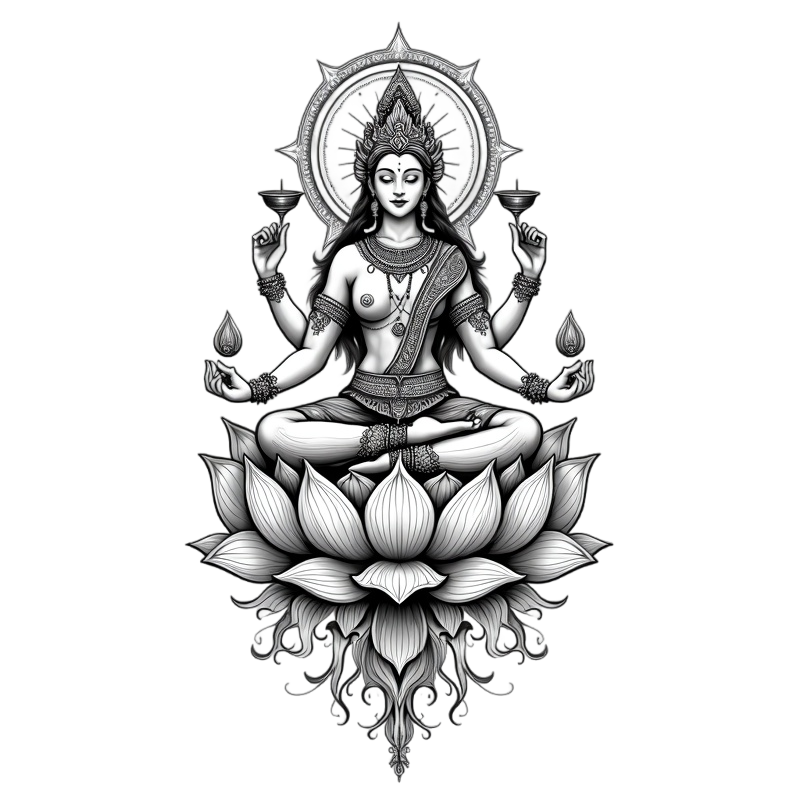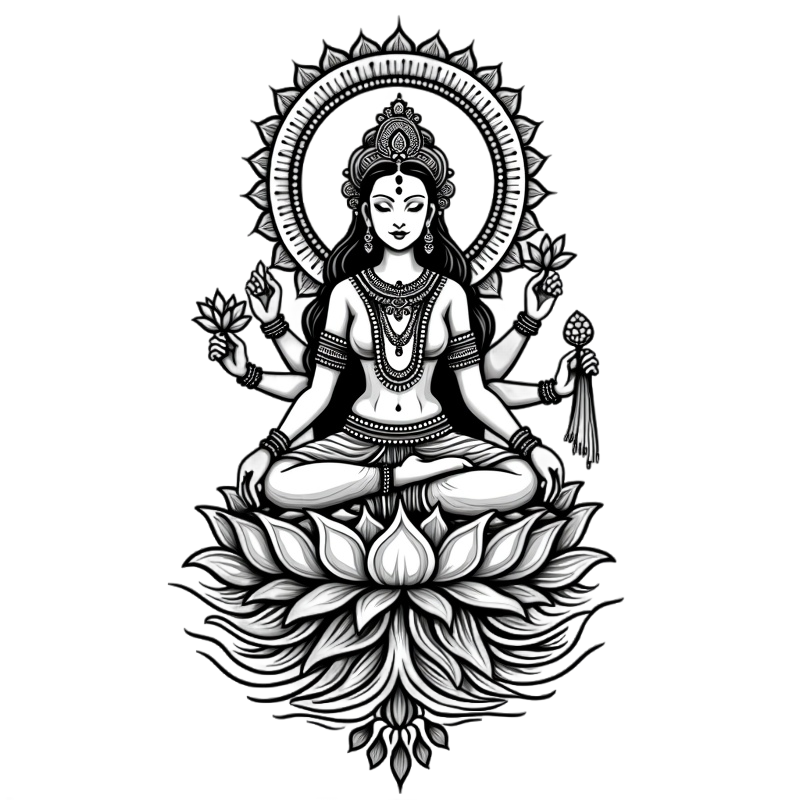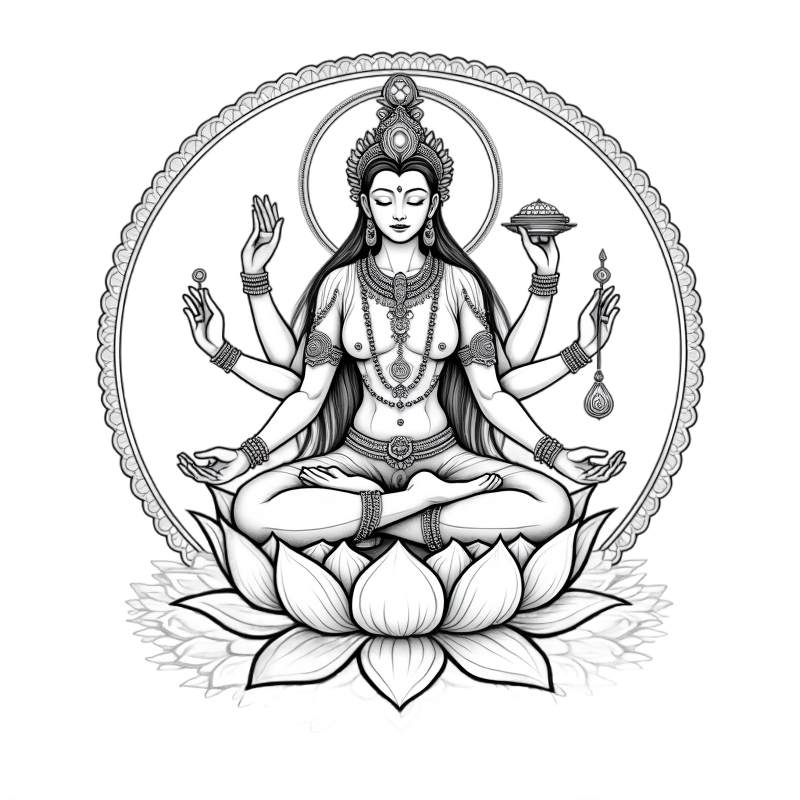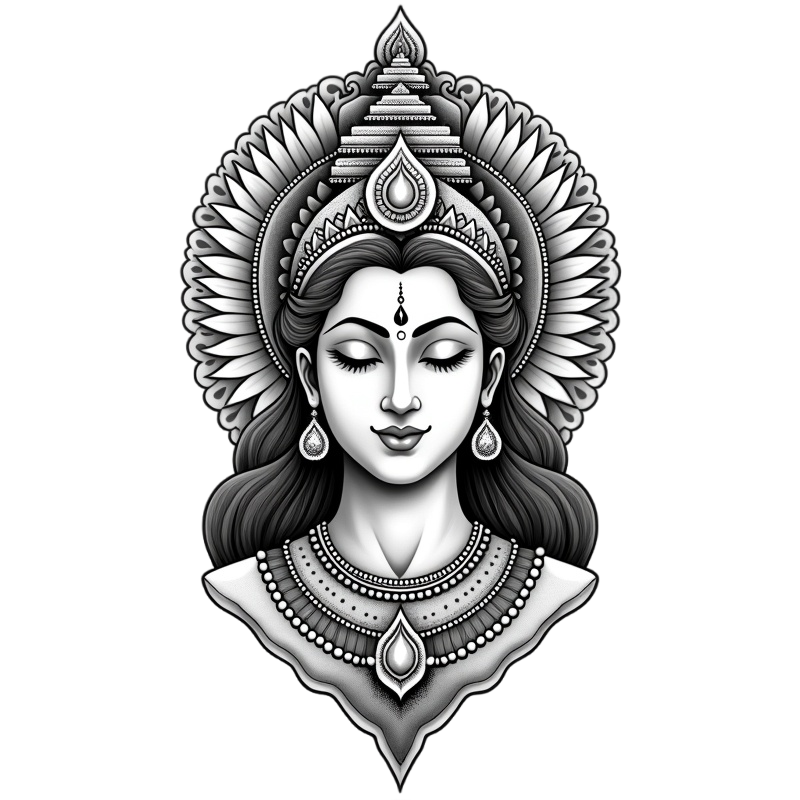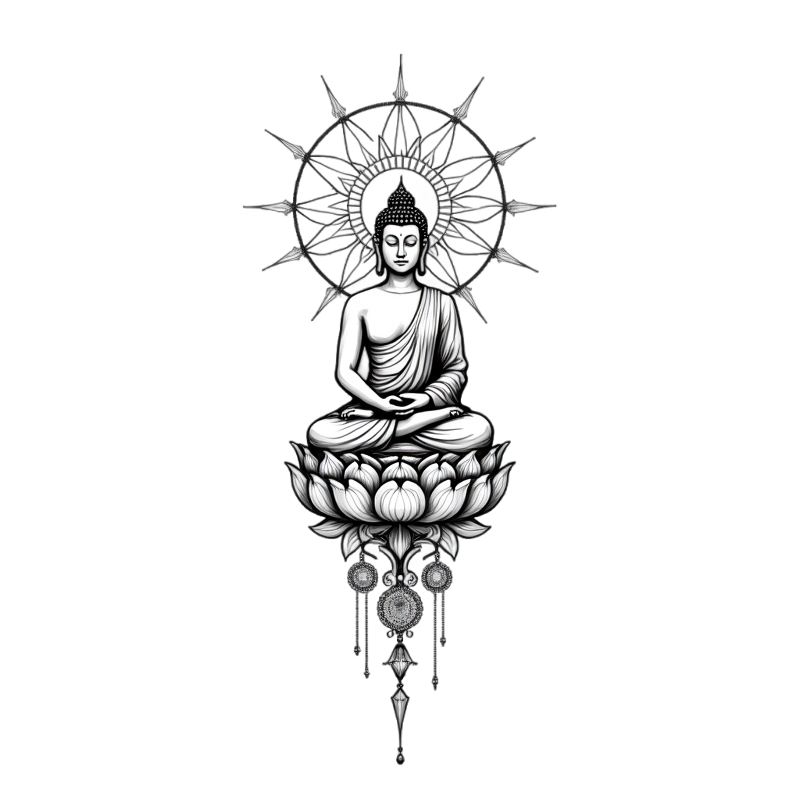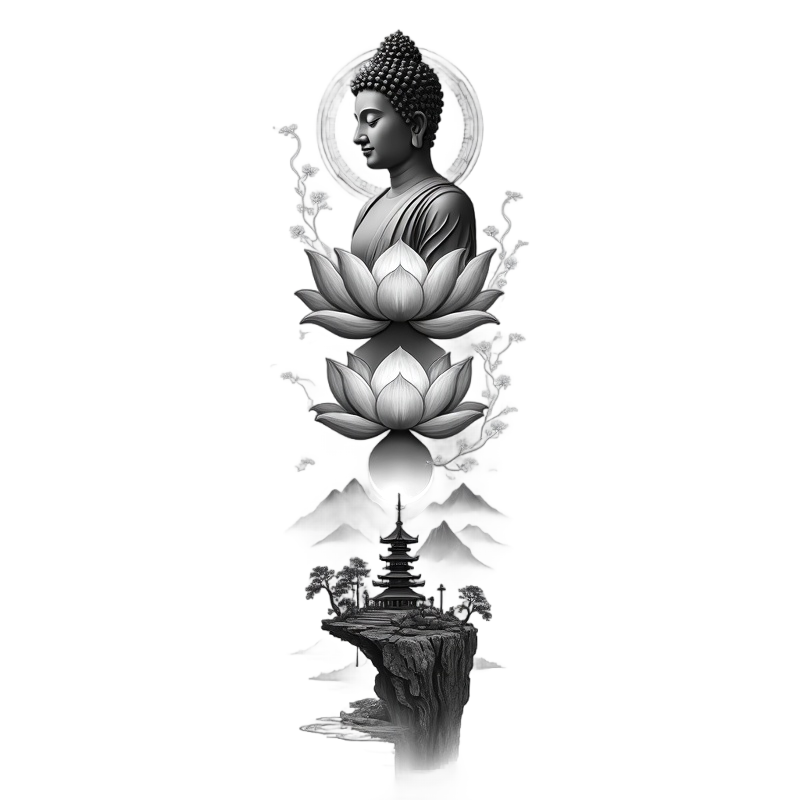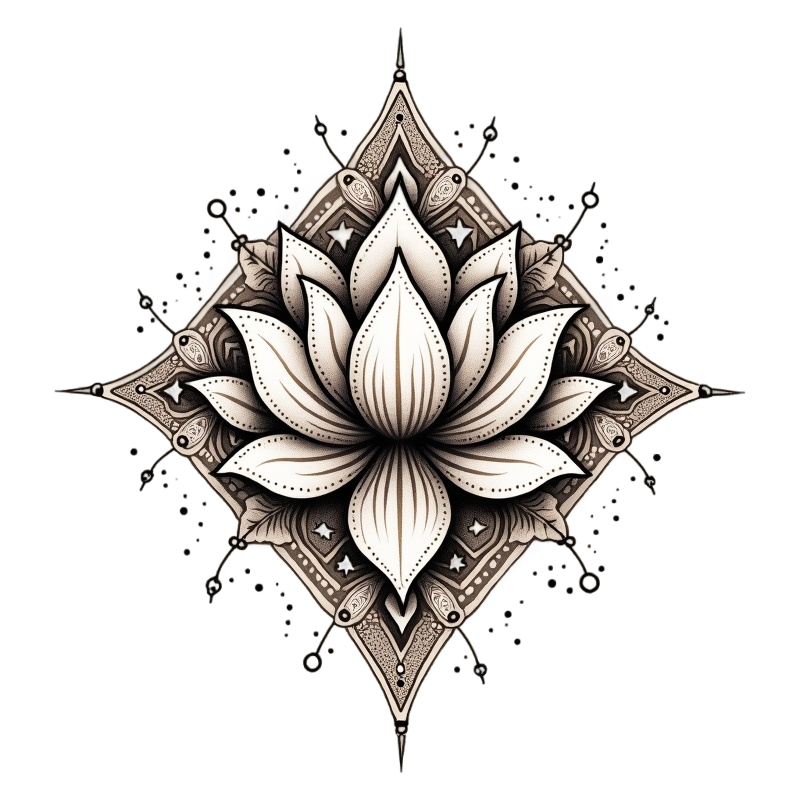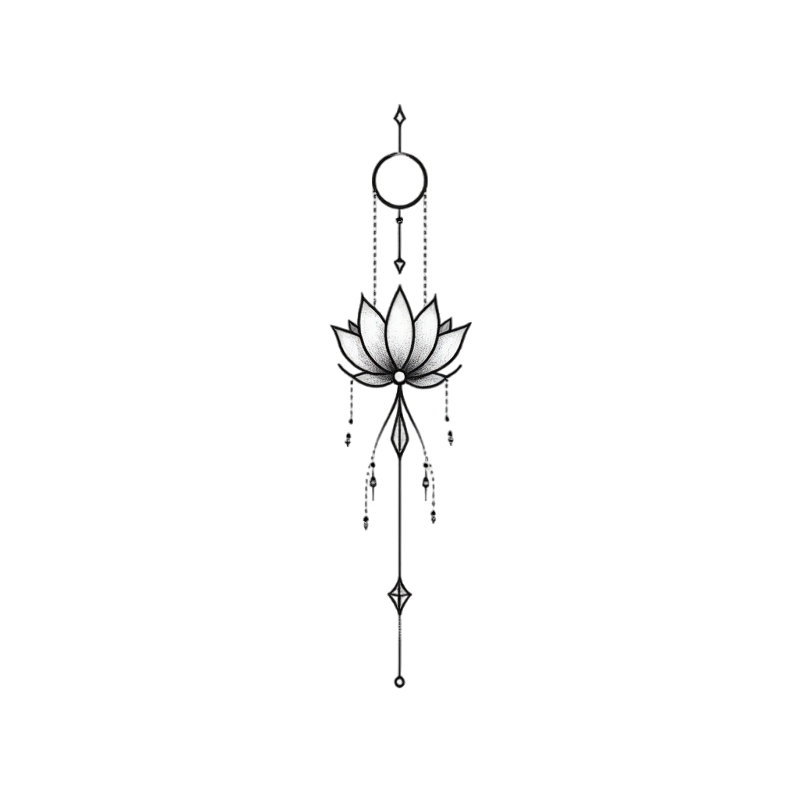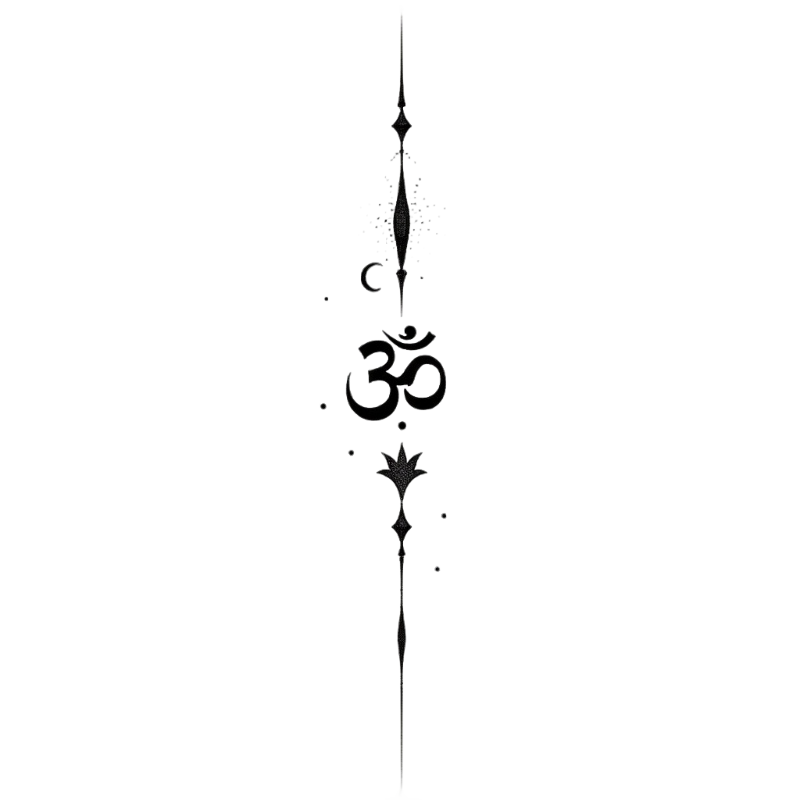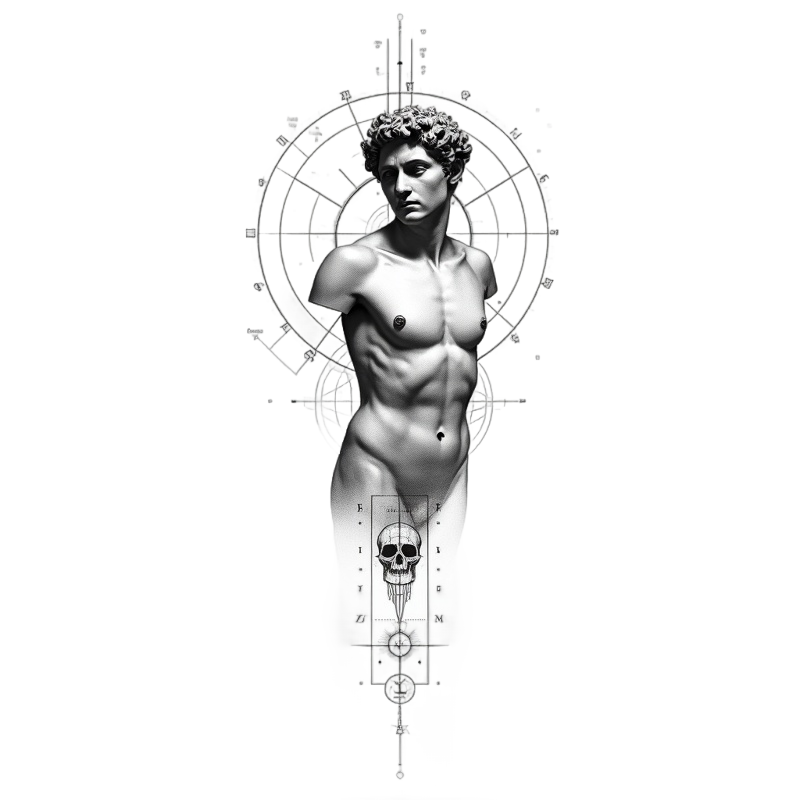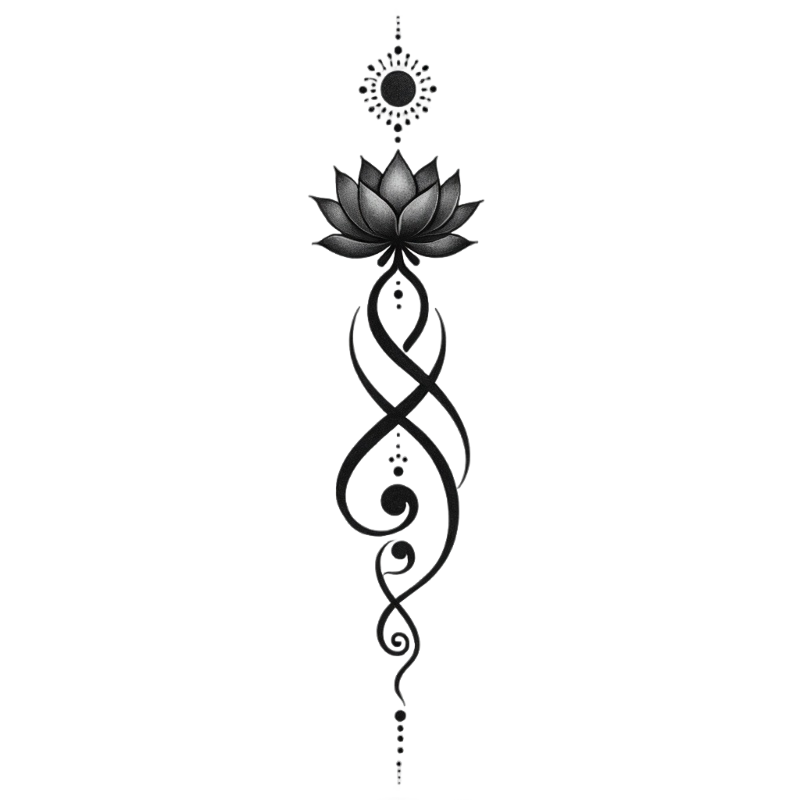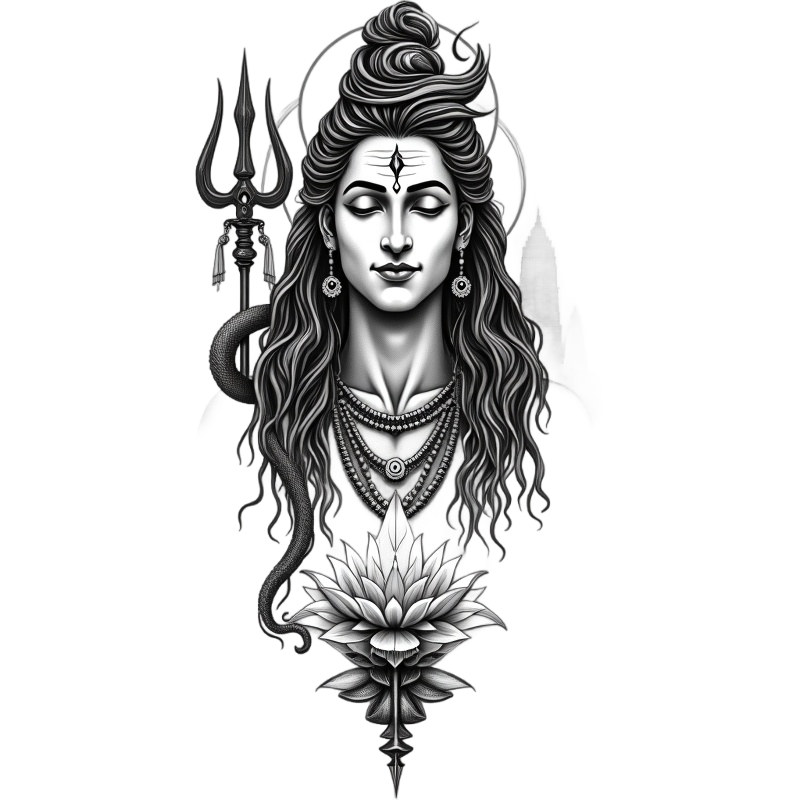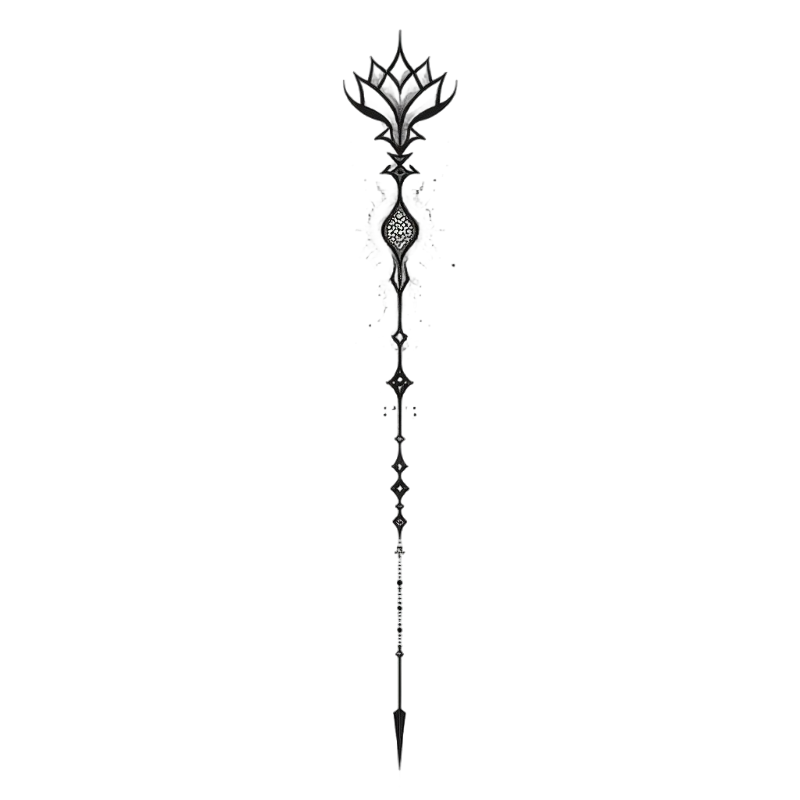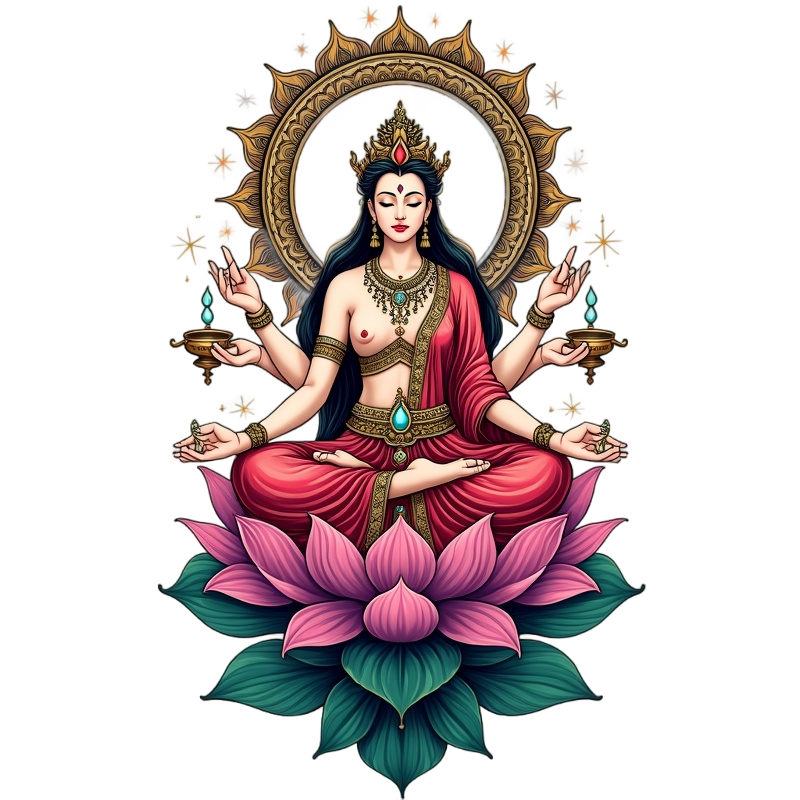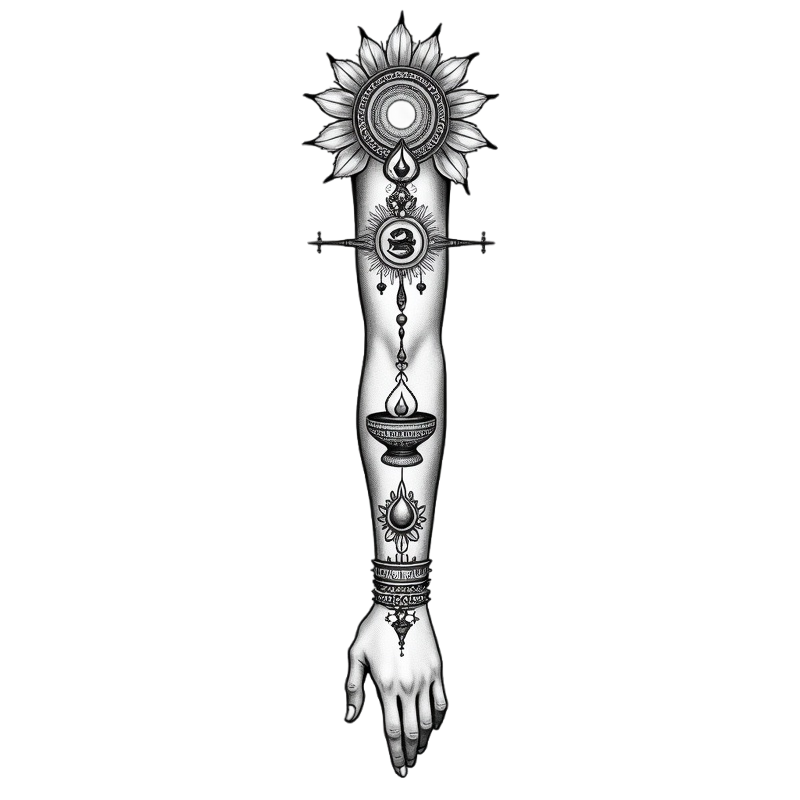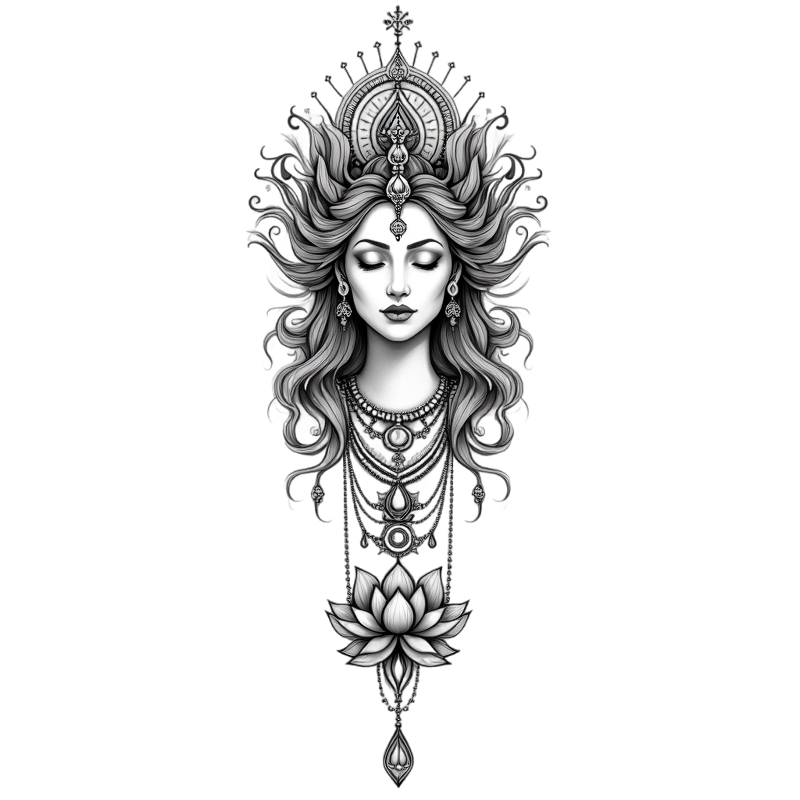Lakshmi Tattoo Ideas, Designs and Meaning
Meaning of Lakshmi Tattoos
- A Lakshmi tattoo typically symbolizes wealth, prosperity, and abundance, as Lakshmi is the Hindu goddess of these attributes.
- This tattoo is often chosen by individuals seeking to attract good fortune and success in their lives.
- Culturally, Lakshmi is revered in Hinduism and is often depicted with four arms, standing or sitting on a lotus flower, which signifies purity and spiritual power.
- Historically, Lakshmi has been worshipped for centuries in India, particularly during the festival of Diwali, where she is believed to bring blessings and prosperity to homes.
- The tattoo can also represent beauty and grace, as Lakshmi is considered the epitome of these qualities in Hindu mythology.
- While there is no specific gender associated with this tattoo, it is popular among both men and women who resonate with its meanings.
- Common styles for a Lakshmi tattoo include traditional Indian art, realistic portraits, or modern interpretations, often incorporating elements like lotus flowers, coins, and elephants.
- The tattoo is often placed on visible areas such as the forearm, back, or chest, allowing for detailed and intricate designs.
- Beyond its religious significance, a Lakshmi tattoo can also symbolize personal growth, spiritual enlightenment, and the pursuit of a balanced life.
1,795 Tattoo Ideas


Mantra Lakshmi
Selection from Pinterest


110 Tattoo Ideas | tattoos, cool tattoos, tattoo designs
Selection from Pinterest


Discover 10 Tattoo Ashwin and Compass and Map Tattoo Ideas | mahadev tattoo, nautical tattoo sleeve, lakshmi tattoo design and more
Selection from Pinterest


N. 4 - il fior di loto
Selection from Pinterest
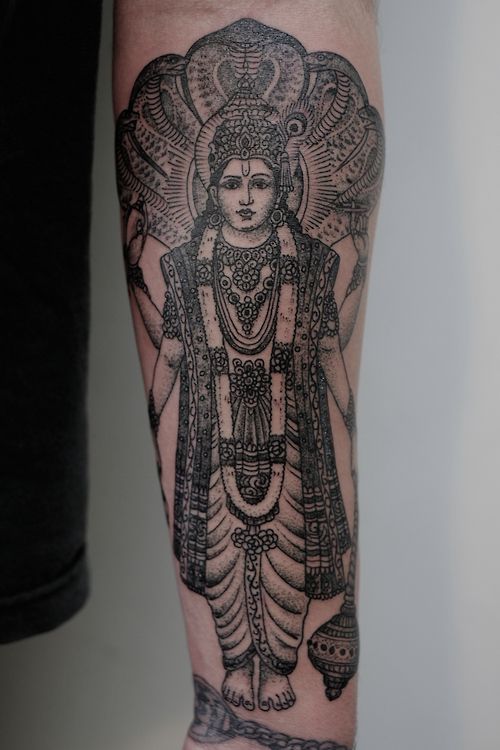

tattoo | Tumblr
Selection from Pinterest


86 Tattoos ideas | tattoos, subtle tattoos, elegant tattoos
Selection from Pinterest


NAME HEARTBEAT TATTOO DESIGNS FOR COUPLE
Selection from Pinterest


Pin by Beth Williams Studio on Quick Saves in 2025 | Meaningful tattoo quotes, Hindu symbols, Indian symbols
Selection from Pinterest


ART • LOVE • MUSIC on Instagram: “We did this simplistic key on Lakshmi as he
Selection from Pinterest


13 Tattoo Ideas | lakshmi images, goddess lakshmi, hindu deities
Selection from Pinterest
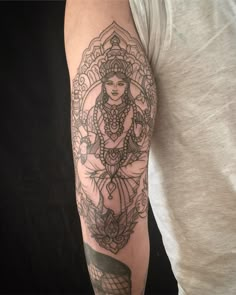

10 Lakshmi tattoo ideas | goddess tattoo, hindu gods, deities
Selection from Pinterest
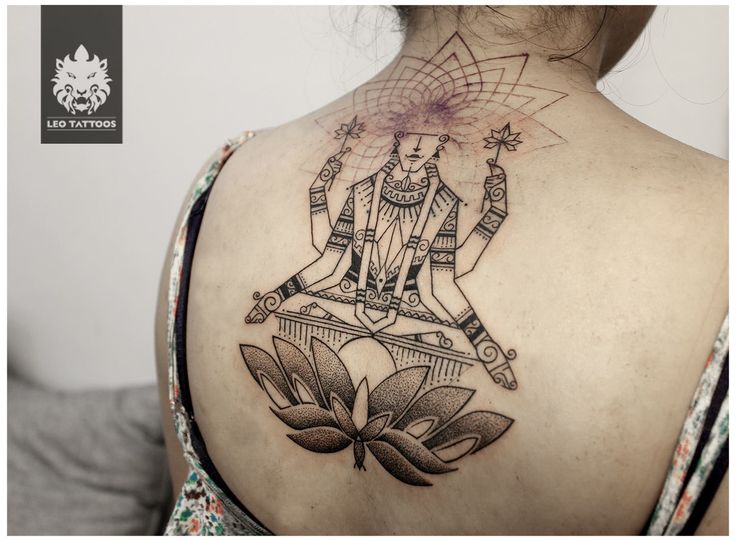

geometricdesign #geometrictattoo #geometricaltattoo #besttattoo #pattern #flowertattoo #lotustattoo #awesometattoo #goddess #laxmi #lakshmi #indiangod #indiangoddess #blackandgrey #tattooedgirls #tattooedwomen #backtattoo #backpiece #tattoosforgirls ...
Selection from Pinterest
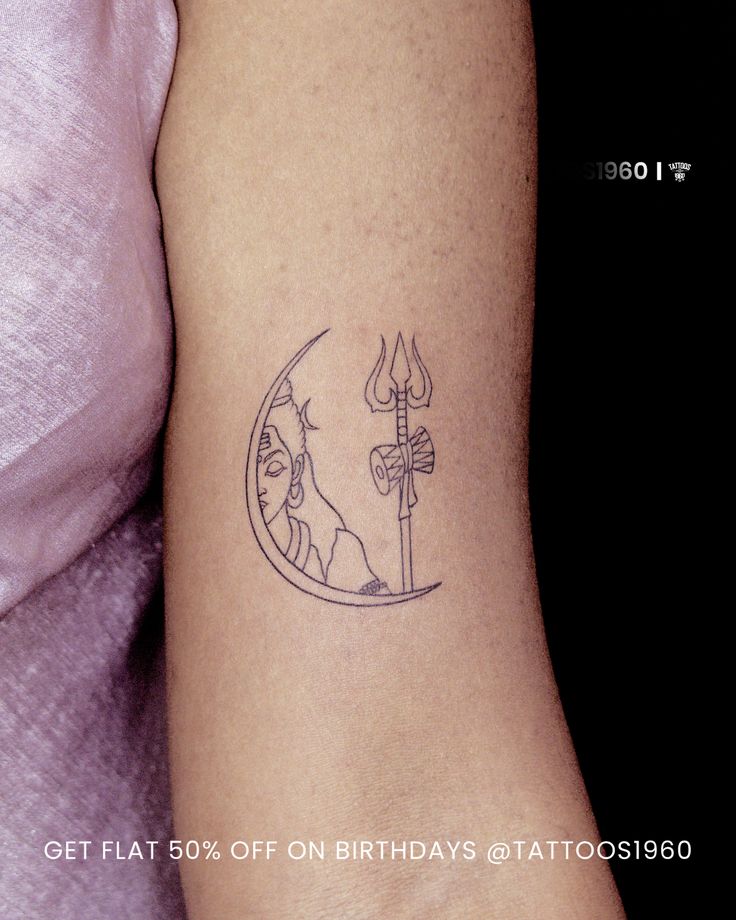

Divine Glimpse
Selection from Pinterest


Tattoo Ideas Pack: Goddess Theme
Selection from Pinterest
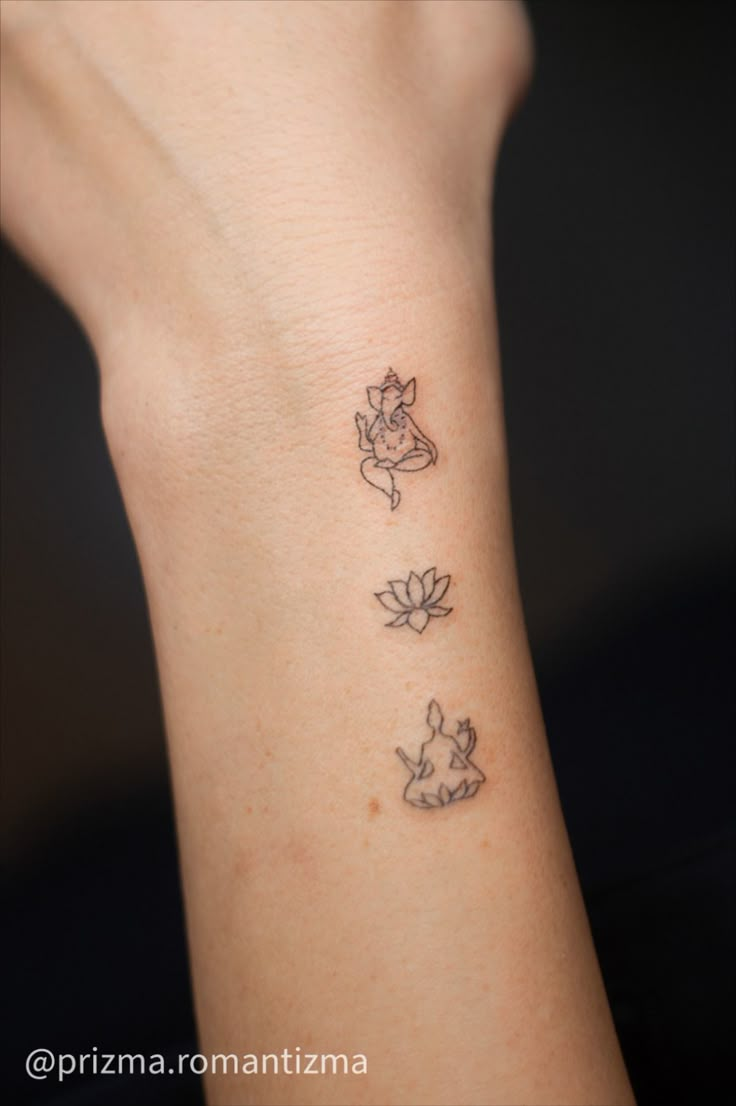

tiny tattoos lotus, Ganesha, goddess lakshmi. mini tatt inspo
Selection from Pinterest
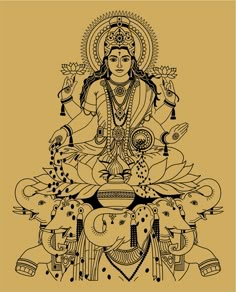

Discover 17 Lakshmi Tattoo and Goddess Lakshmi Ideas | divine mother, saraswati goddess, shield tattoo and more
Selection from Pinterest


13 Tattoo Ideas | lakshmi images, goddess lakshmi, hindu deities
Selection from Pinterest
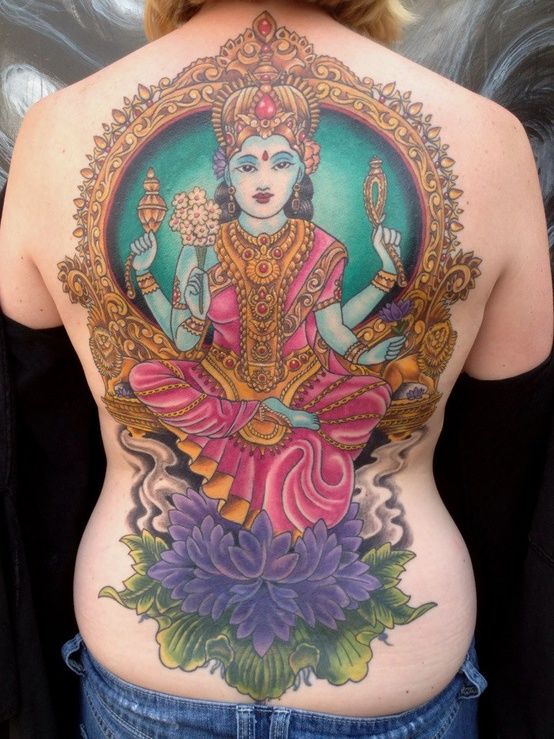

55 of the craziest and most amazing tattoo designs for men and women - Blog of Francesco Mugnai
Selection from Pinterest


38 Lakshmi tattoo ideas | hindu deities, lakshmi images, indian gods
Selection from Pinterest


38 Lakshmi tattoo ideas | hindu deities, lakshmi images, indian gods
Selection from Pinterest
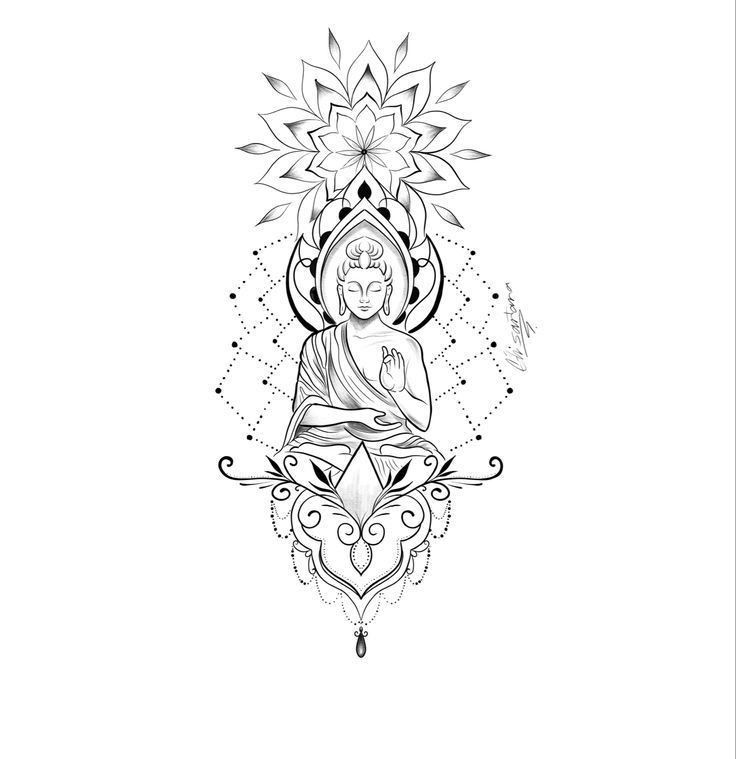

Lakshmi Dev tattoo idea | Tattoos, Buddha tattoo design, Buddha tattoos
Selection from Pinterest


HAND POKE TATTOO on Instagram: “Mantra Lakshmi #stickandpoke #handpoke #handpoketattoo #stickandpoketa… | Spine tattoos for women,
Selection from Pinterest
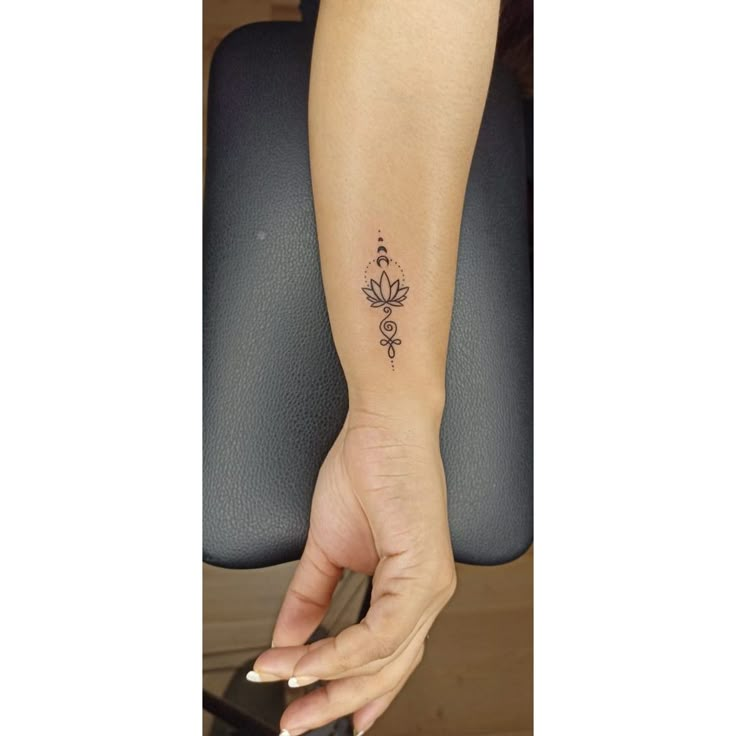

Lotus: The Symbol Of Goddess Laxmi
Selection from Pinterest
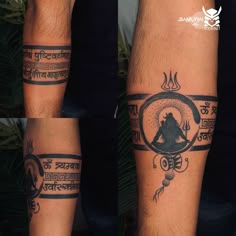

Discover 61 Tattoo and Tamil Love Quotes Ideas | hindu tattoos, geometric tattoos, semicolon tattoo and more
Selection from Pinterest
One App to Store All Your Tattoo Ideas
Store your tattoo ideas in one place and Virtual Try-On them on your body!

Avoid Regrets with 3D Virtual Try-On!
Do a 3D Virtual Try-On to see how your tattoo design looks like on your body before you get it tattooed. Powered by Tatship's AI and 3D technology.



Historical Origins and Evolution of Lakshmi Tattoos
Lakshmi has been a central figure in Hindu mythology and religious practices for centuries. Her origins can be traced back to ancient Vedic texts, where she is mentioned as a goddess of wealth and fortune. Over time, her worship became widespread, and she is now one of the most venerated deities in Hinduism. The festival of Diwali, also known as the Festival of Lights, is closely associated with Lakshmi. During this festival, devotees light lamps and pray for her blessings of prosperity and happiness. The historical significance of Lakshmi extends beyond religious practices, as she embodies the ideal of a harmonious and prosperous life, influencing art, literature, and cultural traditions throughout history.
